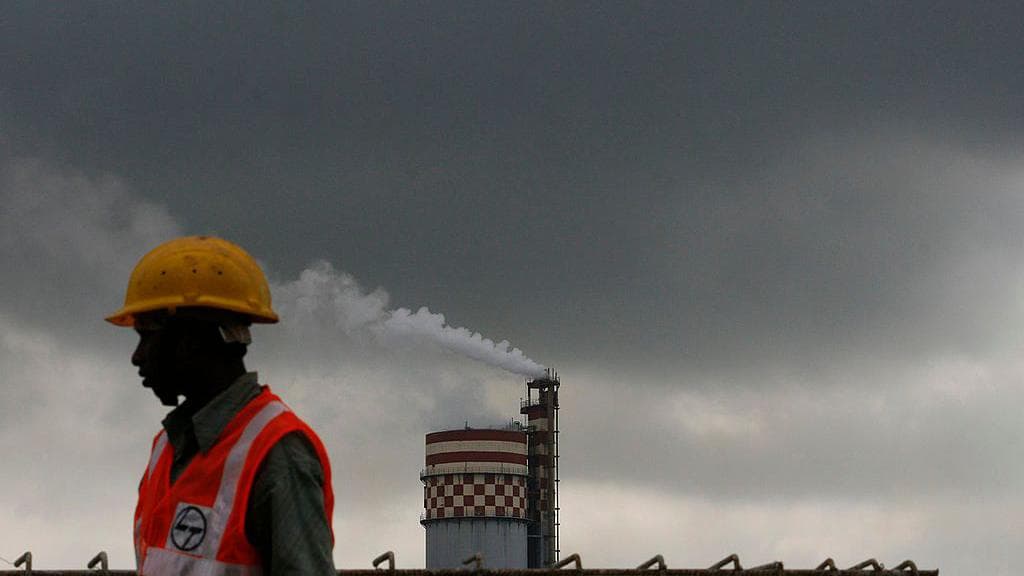We're loading the full news article for you. This includes the article content, images, author information, and related articles.
As global pressure mounts at the COP30 climate summit in Brazil, India's delay in submitting its national climate plan highlights a major rift over finance and responsibility, with significant implications for Kenya and other vulnerable nations.

BELEM, BRAZIL – Global climate negotiations at the 30th Conference of the Parties (COP30) are under intense pressure as India, the world's third-largest carbon emitter, has missed successive deadlines to submit its updated national climate action plan. The delay has drawn sharp criticism and raised questions about the commitment of major economies to the Paris Agreement's goal of limiting global warming to 1.5 degrees Celsius.
Under the 2015 Paris Agreement, all 196 signatory countries are required to submit updated climate pledges, known as Nationally Determined Contributions (NDCs), every five years, with each new plan expected to be more ambitious than the last. The deadline for the current cycle, outlining targets for 2035, was initially set for Friday, 10 February 2025, EAT, but was later informally extended to September. As of late October 2025, more than 100 countries had yet to submit their plans.
On Monday, 17 November 2025, EAT, during the high-level segment of the summit, India's Environment Minister Bhupender Yadav announced that the country would declare its revised NDC by the end of December 2025. Yadav stated that internal processes, including cabinet approval, were underway. He emphasized that India had already achieved some of its 2030 targets five years ahead of schedule, such as reaching over 50% of its total electric power installed capacity from non-fossil fuel sources.
The delays are occurring against a dire backdrop painted by the United Nations Environment Programme (UNEP). Its 2025 Emissions Gap Report, released on Tuesday, 4 November 2025, EAT, warns that current policies have the world on track for 2.8°C of warming this century. Even with the full implementation of existing NDCs, warming is projected to reach between 2.3°C and 2.5°C. The report underscores that global emissions must be cut by 55% from 2019 levels by 2035 to align with the 1.5°C pathway, a target that seems increasingly remote.
Independent analysis from Climate Action Tracker has rated India's overall climate targets and actions as “Highly Insufficient.” While acknowledging significant progress in renewable energy installation, the tracker notes that a continued reliance on coal power and rising overall emissions are major concerns. A separate report, the Climate Change Performance Index (CCPI) 2026, released at COP30, showed India slipping 13 places to 23rd in its global ranking, citing rising emissions and the lack of a clear timeline to phase out coal.
For Kenya and the wider East Africa region, the delays and insufficient ambitions from major emitters like India are a matter of critical concern. The region is acutely vulnerable to the impacts of climate change, including severe droughts and flooding. At COP30, the Kenyan delegation, led by Environment Cabinet Secretary Dr. Deborah Barasa, has been vocal in its push for concrete financial commitments to address these impacts.
Kenya submitted its updated NDC on Tuesday, 30 April 2025, EAT, committing to a 35% reduction in greenhouse gas emissions by 2035 compared to a business-as-usual scenario. However, this plan is heavily dependent on international support, with 80% of the target conditional on external finance. The estimated cost for these measures between 2031-2035 is approximately KES 2.8 trillion ($22.5 billion), highlighting the massive need for climate finance—a key sticking point in the global negotiations.
India's delay is seen by some experts as a tactic to pressure developed nations to fulfill their financial obligations under the Paris Agreement. Minister Yadav explicitly called on wealthy countries to reach their net-zero targets earlier and deliver the trillions in climate finance owed to developing nations. This stance resonates with the priorities of the African bloc at COP30, which is focused on securing funding for adaptation and the operationalization of the Loss and Damage Fund.
As the summit in Belém enters its final hours, the world watches to see if major emitters will step up with the ambition required to keep the 1.5°C goal alive. For countries on the frontline of the climate crisis like Kenya, the outcomes of these negotiations are not abstract policy debates but will directly shape their ability to build a resilient and sustainable future.
Keep the conversation in one place—threads here stay linked to the story and in the forums.
Sign in to start a discussion
Start a conversation about this story and keep it linked here.
Other hot threads
E-sports and Gaming Community in Kenya
Active 9 months ago
The Role of Technology in Modern Agriculture (AgriTech)
Active 9 months ago
Popular Recreational Activities Across Counties
Active 9 months ago
Investing in Youth Sports Development Programs
Active 9 months ago
Key figures and persons of interest featured in this article